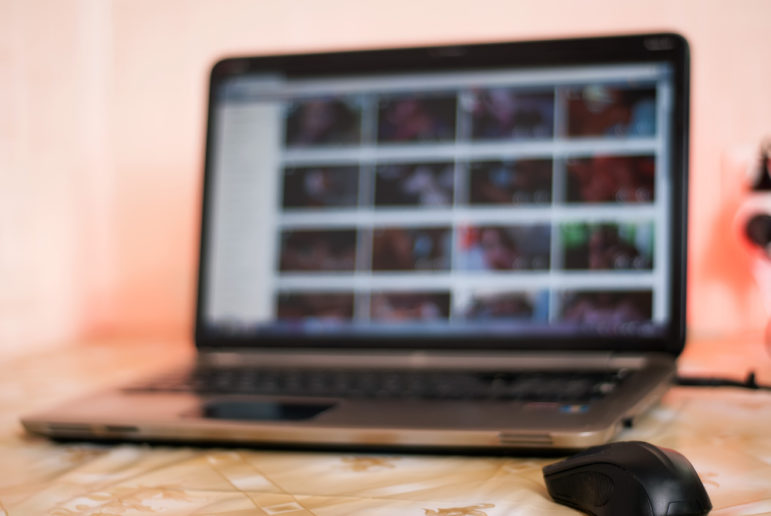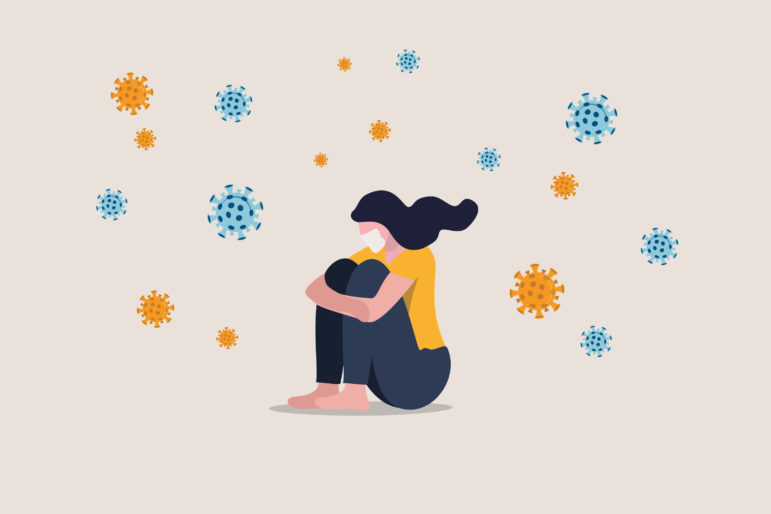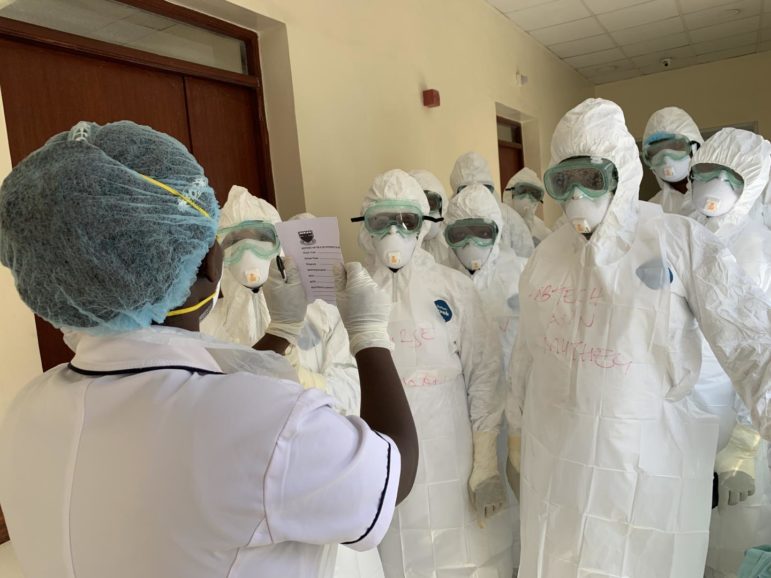
Research
Climate Change Reporting and Mental Health: Practical Tips for Newsrooms and Journalists
In a recent Reuters Institute webinar, experts discussed the latest research into the impact of climate reporting on journalists’ mental health.

In a recent Reuters Institute webinar, experts discussed the latest research into the impact of climate reporting on journalists’ mental health.

Most reporters still rely on individual coping strategies, leaving them to face systemic challenges alone, says writer and researcher Belle de Jong.

Practicing good mental hygiene is a continuous process for investigators that requires active input at all times. Bellingcat offers these small steps to minimize and mitigate your exposure to distressing content, to possibly save you from burnout or worse.

Investigative journalists face a range of threats — from physical attacks to legal challenges — and sometimes the toll becomes just too much. Hear from two reporters who took time out to rest, recover, and recoup.
At GIJC21, experts from the Dart Center for Journalism and Trauma offered advice for journalists on how to take care of their own mental well-being while working in stressful or even dangerous circumstances.

After more than a year of living with a pandemic that shut down the world, lockdowns are beginning to lift for many across the globe. But for many journalists – a number of whom are already struggling with traumas of their own in a beleaguered industry known for its hostile and pressure-cooker environments – concerns are mounting about an impending mental health crisis brought on by a year of mass isolation, uncertainty, and endless dread.


What’s the global data journalism community tweeting about this week? Our NodeXL #ddj mapping from October 21 to 27 finds a panel of leading data visualization practitioners discussing the practice of visualization in an age of disinformation, Kloop exposing how Kyrgyzstani authorities privatized large swaths of a public park with no oversight, and The Guardian highlighting the minimal changes between former British prime minister Theresa May’s Brexit deal with current PM Boris Johnson’s new deal.